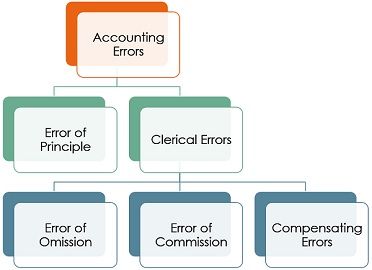Commonly Confused Words:
Language is a complex system, and it’s easy to get tripped up by words that sound similar or have nearly identical spellings. One such common pair that often leads to confusion is “omits” versus “ommits.” Let’s dive into the nuances of these words and how misspelling can affect our communication.
Understanding “Omits”
The word “omits” is a verb that means to leave out or exclude something. For example, one might say, “He omits important details from his reports” []. This term is straightforward in its usage and is integral in various contexts, such as academic writing, reporting, and storytelling.
Common Misspelling: “Ommits”
“Ommits” is a misspelling of “omits” []. The additional ‘m’ often sneaks into the word due to the similarities in pronunciation and spelling. This mistake is easily made and can be found in various written communications, affecting the clarity and professionalism of the text.
Why Do We Misspell “Omits” as “Ommits”?
- Similarity in Pronunciation: Both words are pronounced very similarly, making it easy to confuse the spelling when writing quickly or without adequate proofing.
- Spelling Similarity: The structure of “omits” is simple, but the double ‘m’ in “ommits” can appear more natural to some due to other English words with double consonants.
Real-World Examples and Consequences
Misspelling “omits” as “ommits” can have various consequences, especially in professional and academic settings. Consider a technical document or a piece of software code that omits crucial information. A reader might be confused or misled by the term “ommits” in a critical context []. Additionally, search engine optimization (SEO) may be impacted if keywords are misspelled, affecting the visibility and reach of digital content.
Conclusion
While “omits” and “ommits” may seem innocuous at first glance, the difference in their spellings is crucial. The correct term, “omits,” means to exclude or leave out, while “ommits” is simply a misspelling. Being mindful of these commonly confused words can enhance the clarity and effectiveness of your communication, whether in written or spoken form.






